
Starting June 1st, 2023 Our warehouse fee will be $0.65/cubic foot per month
In effort to lower the warehouse storage fee during inflation, we have went narrow aisle racking.This construction took us four months but the project is finally completed. With narrow aisle racking, we are able to drop storage by 24%.We as partners will go through this inflation together.
09/12/2024
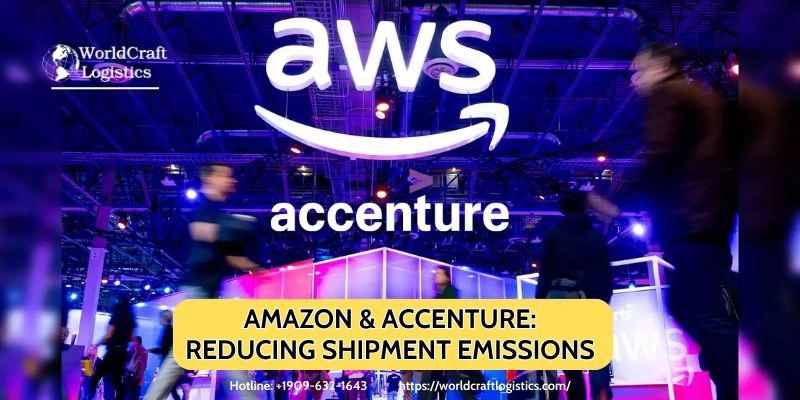
The global shipping industry is at a pivotal moment. Responsible for 3% of global greenhouse gas (GHG) emissions—comparable to the entire output of Germany—shipping faces increasing pressure to decarbonize. With net-zero targets looming, the sector must innovate to reduce its environmental footprint or risk falling behind. Recent advancements in technology, such as analytics software, low-carbon fuels, and IoT-based systems, offer a promising route toward a more sustainable future.
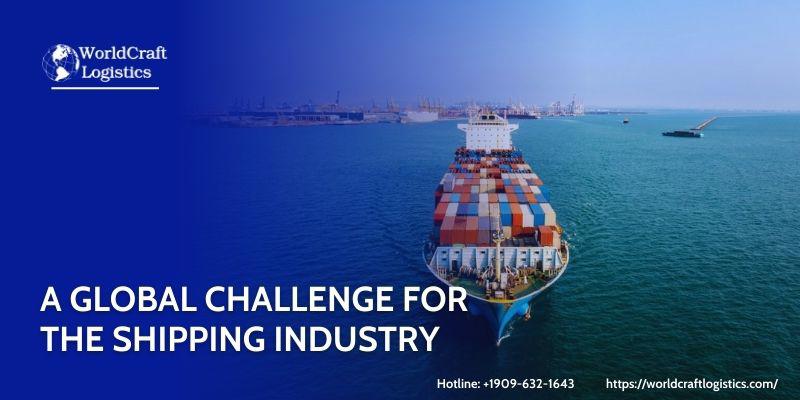
Shipping’s contribution to global emissions is not insignificant. According to the International Council on Clean Transportation (ICCT), if left unchecked, emissions from shipping could rise by 50% by 2050. As global regulators tighten their focus on sustainability, the industry must adapt rapidly to meet carbon reduction targets.
But while the challenge is significant, the sector is not without solutions. Technological advancements are playing a critical role in enabling shipping companies to meet these sustainability goals.
One of the most promising innovations is shore power, also referred to as cold-ironing. Shore power allows vessels to switch off their diesel engines while docked at ports, connecting instead to local electric grids. This dramatically reduces emissions and noise pollution in port areas, which are often located near urban centers. Ships maintain full operational functionality, benefiting both crew efficiency and environmental impact.
Another key area of progress lies in renewable fuels. Similar to the automotive industry, shipping is seeing an increased focus on cleaner alternatives to traditional heavy fuels. For example, in 2023, Amazon partnered with A.P. Moller - Maersk to transport 20,000 containers using eco-friendly methanol. This is an early but significant step towards replacing high-emission marine fuels with low-carbon alternatives, reducing the sector's reliance on fossil fuels.
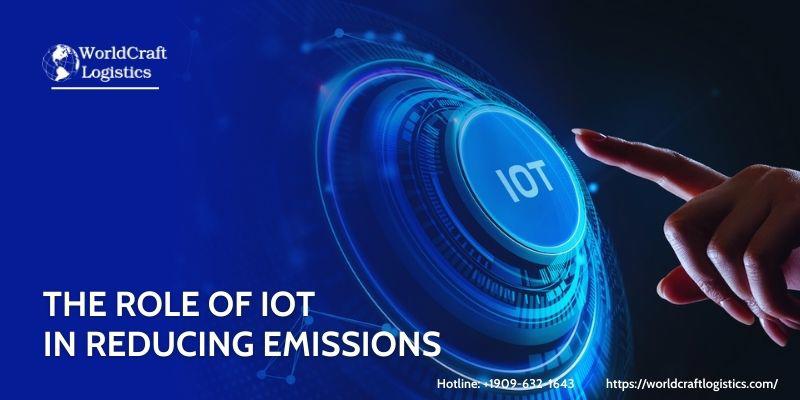
The rise of the Internet of Things (IoT) is another game-changer for the shipping industry. IoT technologies can monitor ships and cargo in real-time, optimizing their performance and reducing waste and emissions. From fuel usage to onboard conditions, these interconnected devices provide critical data that enable better decision-making, increasing both efficiency and sustainability.
Furthermore, predictive analytics tools can flag maintenance issues before they result in costly breakdowns, thereby improving a ship’s operational lifespan. These advanced systems also allow companies to optimize routes, reducing fuel consumption and associated emissions.
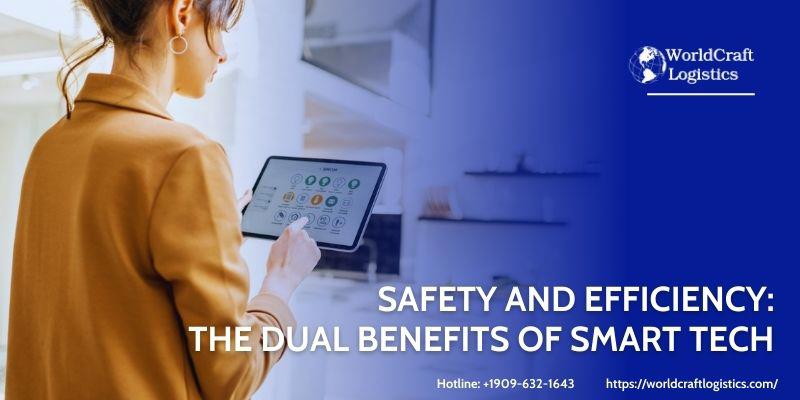
Technology's contribution to the shipping sector extends beyond sustainability. Smart analytics and AI-powered software can reduce the likelihood of human error, which is a major contributor to maritime accidents. The hope is that with more sophisticated data analytics, the risk of incidents such as capsizes or cargo spillages will significantly diminish, protecting not only human life but also marine ecosystems.
In a broader sense, tech integration enhances regulatory compliance. Automated systems can ensure that vessels meet international environmental standards and adhere to safety protocols. As shipping companies grapple with complex and ever-changing regulations, these systems will prove indispensable.
The adoption of digital technologies is not just about sustainability; it is about ensuring the long-term viability of the shipping sector. Cloud-based software and data-driven tools are revolutionizing the industry, making operations more efficient and cost-effective. Accenture's UK Managing Director, Maynard Williams, has noted that businesses are rapidly embracing these technologies for transformation, stating, “We’ve seen significant growth in demand for the cloud as businesses continue to evaluate every part of their business, considering opportunities for transformation by technology, data, and AI.”
These technologies can predict fuel consumption, optimize cargo handling, and extend the life of onboard equipment through smart diagnostics, ensuring smooth sailing for years to come.
With the right technological investments, the shipping industry can navigate its way toward a more sustainable future. As Cathy Stephenson, Managing Director of Wärtsilä Water & Waste, suggests, shipping companies must choose technology providers who understand both the complexities of the industry and the broader ecosystem within which vessels operate.
As the race toward decarbonization intensifies, these innovations provide shipping companies with the tools to meet their sustainability goals while continuing to operate efficiently. If embraced widely, this wave of technological change could revolutionize the sector and help it achieve its net-zero ambitions.
In conclusion, while the shipping industry faces formidable challenges, the potential for technology to act as a catalyst for change is clear. From shore power and renewable fuels to IoT and predictive analytics, these advancements will not only reduce emissions but also enhance safety, compliance, and operational efficiency. If the sector harnesses the power of these innovations, it can look forward to a future of smoother, greener, and more sustainable seas.
SEO
Digital Marketing/SEO Specialist
Simon Mang is an SEO and Digital Marketing expert at Wordcraft Logistics. With many years of experience in the field of digital marketing, he has shaped and built strategies to effectively promote Wordcraft Logistics' online presence. With a deep understanding of the logistics industry, I have shared more than 500 specialized articles on many different topics.

Hot News
08/05/2024
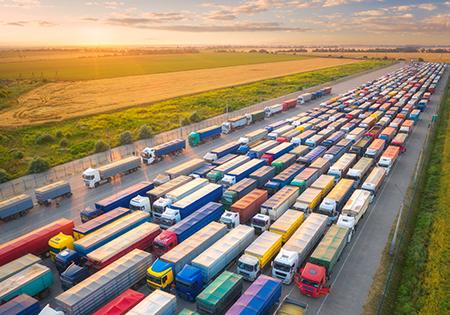
Hot News
02/23/2023
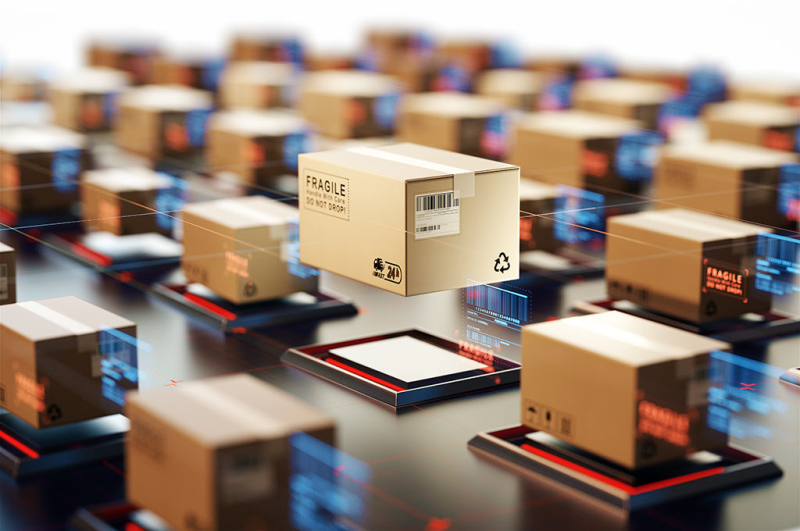
Hot News
02/23/2023
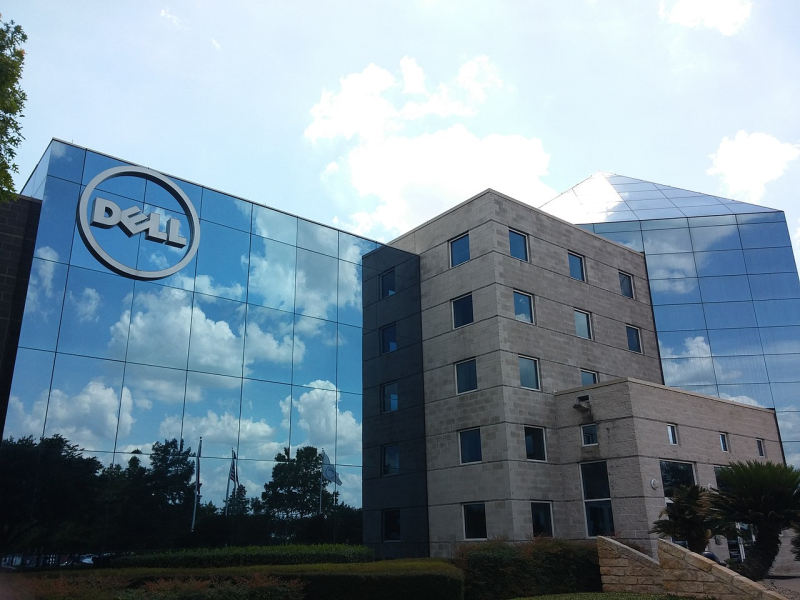
Hot News
02/06/2023
Hot News
02/07/2023